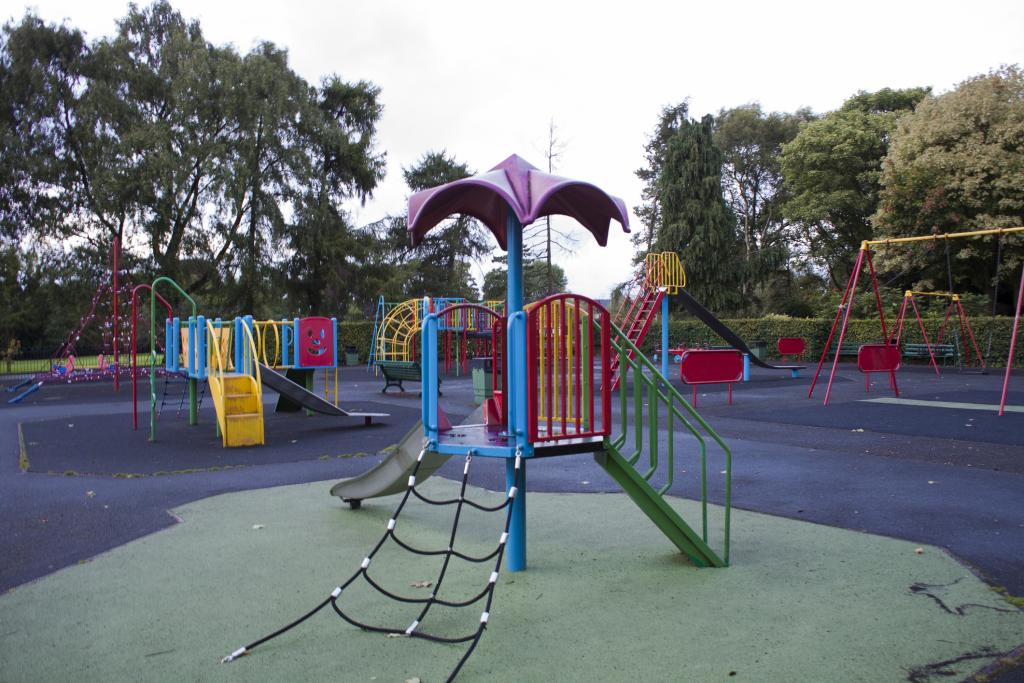
Devolution from Principal Councils to Town and Parish Councils has gained traction to empower local governance, enhance community engagement and preserve services which may otherwise be lost as Principal Councils come under increasing budgetary pressures. This process allows Town and Parish Councils to take ownership of public assets, enabling them to tailor services and facilities to the specific needs of their communities.
What is Devolution?
The transfer of powers, responsibilities or assets from a higher level of government, such as Principal Councils, to a lower level, such as Town or Parish Councils. Along with statutory powers, devolution can apply to various physical assets, from parks through to toilets.
Legal Framework for Devolution
The Local Government Act 2000 enables councils to take action to promote economic, social and environmental wellbeing of their communities. This was furthered by the Localism Act 2011, which gives councils greater flexibility in decision-making, providing the legal basis for principal councils to transfer assets. This Act also affords community groups, including councils, the right to bid for assets of community value.
Implications of Devolution
It is important that financial and managerial implications are considered, such as maintenance, staffing and operational liabilities which may fall to them under the devolution process. The legal aspect can also be complicated with challenges arising such as disputes over the valuation of a property, resistance from principal councils and principal councils sometimes insisting on overages against the properties. However, despite the complications, devolution can afford Town and Parish Councils the opportunity to take control of local assets, which can be of historical and cultural value to their constituents or be important resources for the community. It also allows them to be more involved in decision-making and take responsibility of their coverage area. This helps foster a sense of ownership and engage the community more within the works of local government.
Navigating the process of devolution can be challenging for councils, from the legal formalities of transferring the properties through to the financial, maintenance, staffing and operational hurdles. If you would like advice on any challenges associated with devolution, please contact our specialist Public Sector team here.
Please contact our Real Estate team if you require any further information regarding Devolution and it’s implications.
